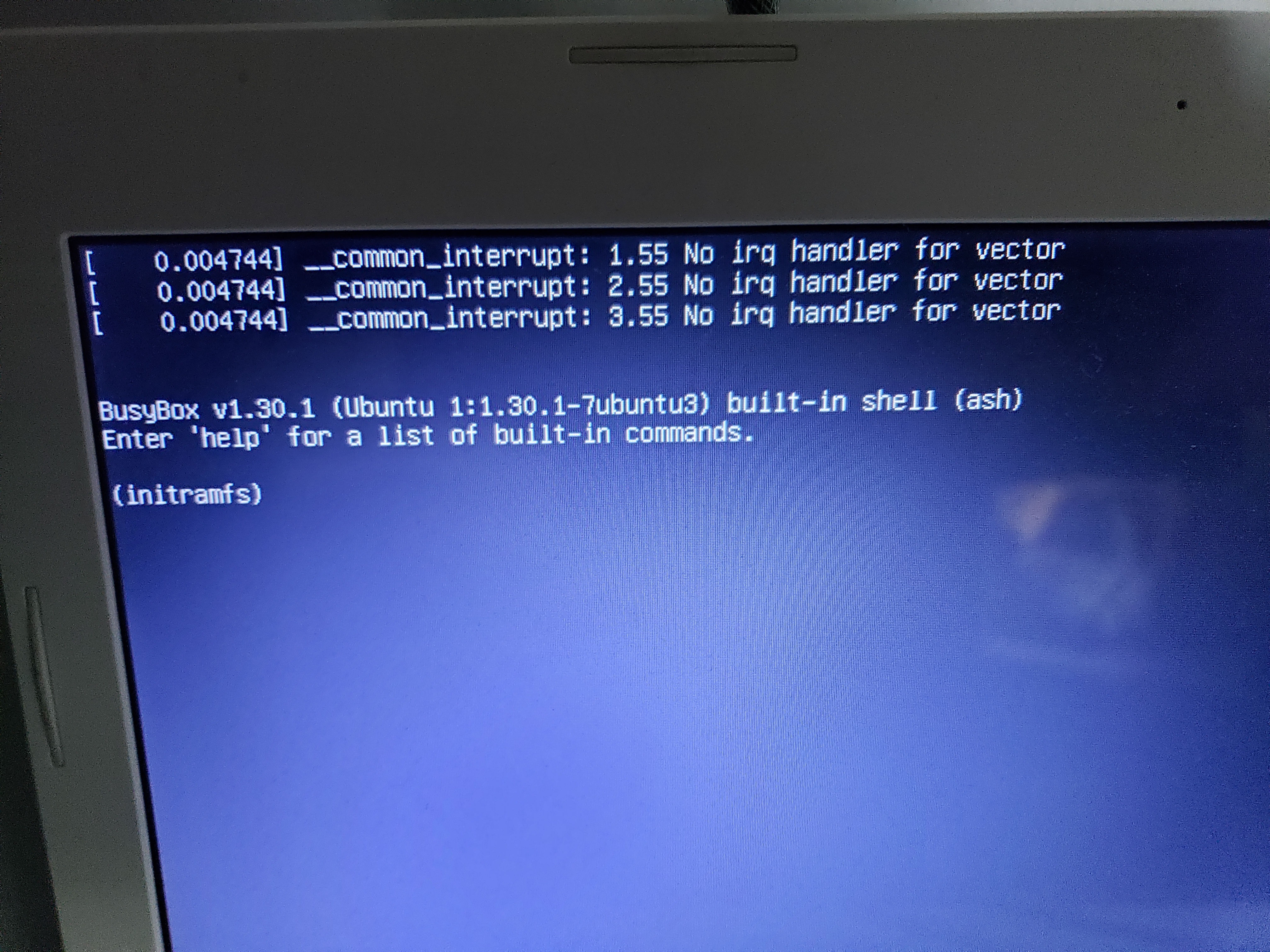this post was submitted on 02 Jul 2024
74 points (96.2% liked)
Linux
49007 readers
660 users here now
From Wikipedia, the free encyclopedia
Linux is a family of open source Unix-like operating systems based on the Linux kernel, an operating system kernel first released on September 17, 1991 by Linus Torvalds. Linux is typically packaged in a Linux distribution (or distro for short).
Distributions include the Linux kernel and supporting system software and libraries, many of which are provided by the GNU Project. Many Linux distributions use the word "Linux" in their name, but the Free Software Foundation uses the name GNU/Linux to emphasize the importance of GNU software, causing some controversy.
Rules
- Posts must be relevant to operating systems running the Linux kernel. GNU/Linux or otherwise.
- No misinformation
- No NSFW content
- No hate speech, bigotry, etc
Related Communities
Community icon by Alpár-Etele Méder, licensed under CC BY 3.0
founded 5 years ago
MODERATORS
you are viewing a single comment's thread
view the rest of the comments
view the rest of the comments

Didn't have the tooling for the fs?
Btw, i'm native german, why is it "didn't have" and not "hadn't"?
No, can't be lack of anything, it was the regular Mint 21.3 installer image overwriting Debian on a normal ext4 formatted partition. Nothing should have gone wrong. Reinstalled with formatting on, and it started working.
"Hadn't" means "had not" (not done in the past), not "had not" (lacked possession). I'm Finnish and might be wrong.
Adding even more grammar, you could use "Had no", for lack of possession, like
Replying to say this is correct regarding the grammar
Native English speaker. I started to write up an answer but the more I dig into it the more confused I am.
The subject and predicate need to agree for a sentence to sound normal. "It hadn't" uses "had not" as the predicate which implies past action and needs a verb to sound normal.
You could say:
It had not installed the tooling.
Or It had not verified that the tooling installed correctly.
In it "It didn't have" the predicate is "have" so a noun can follow and sound normal.
You could say:
It didn't have the tooling.
Here is where I'm becoming confused.
Usually you can remove negatives and extra words to clarify grammar. In the sentence "It had the tooling" the predicate is still "had" but it doesn't imply action so a following noun is fine. Also the sentence "It did have the tooling" is grammatically correct but sounds wordy and would probably be found in a legal document or technical write up. Why does the grammar change when you add a negative? "It hadn't the tooling" sounds ridiculous but logically it should be fine if "It had the tooling" is fine! This is driving me crazy.
Somebody who paid more attention in English class will have to correct me. I guess we're just going with " English is weird and it sounds better that way".